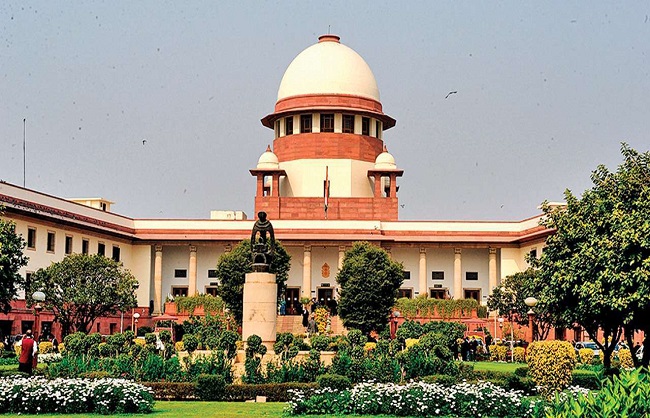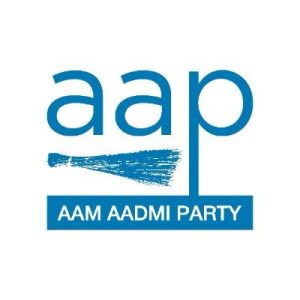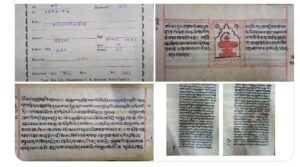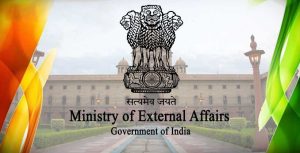New Delhi, October 9: The Supreme Court has rejected a petition challenging the first phase of testing of EVMs and VVPATs in 11 districts of Delhi for the upcoming Lok Sabha elections.
The Supreme Court refused to interfere, saying that the process was detailed. Parties have faith in EVMs. This is repeated all over India. The Supreme Court said that if there is interference in this, the elections will be delayed.
Earlier on September 1, the Delhi High Court also rejected the petition of the Delhi Pradesh Congress.
The High Court said that the guidelines and security given for the first phase of the investigation are adequate.
The High Court said that in the first phase of the investigation, not only the engineers of Bharat Electronics Limited and Electronics Corporation of India Limited but also representatives of recognised political parties are involved. But the Delhi Pradesh Congress Committee did not participate in this investigation process and is now challenging it.
The High Court’s decision was challenged in the Supreme Court.
The petition demanded that the Delhi State Election Commission re-examine the first phase of EVMs and VVPATs.
The petition said that the State Election Commission should issue adequate notice to the representatives of political parties before examining the EVMs and VVPATs so that the Delhi Pradesh Congress Committee can also participate in the process.
The petition said that the first phase of EVM and VVPAT testing was scheduled from July 15 to July 30 in Delhi.
For this, a notice was issued on July 12th and 13th. After that, on July 15, the authorised representative of the Delhi Pradesh Congress Committee wrote a letter to all the SDMs of Delhi asking for the serial numbers and manufacturing company information of all the EVMs for the first phase of investigation. But no SDM gave this information.
For transparent, free, and fair elections, EVMs should be tested satisfactorily, and all parties should be satisfied. But the process of the Delhi State Election Commission is not transparent.





